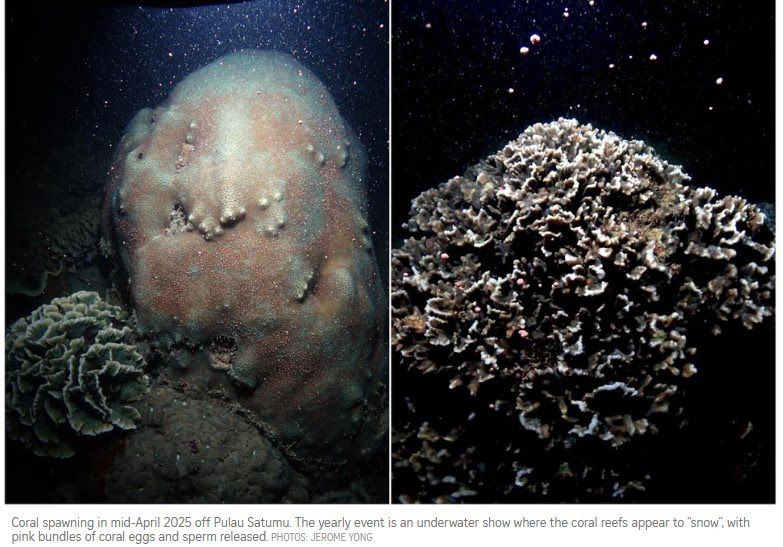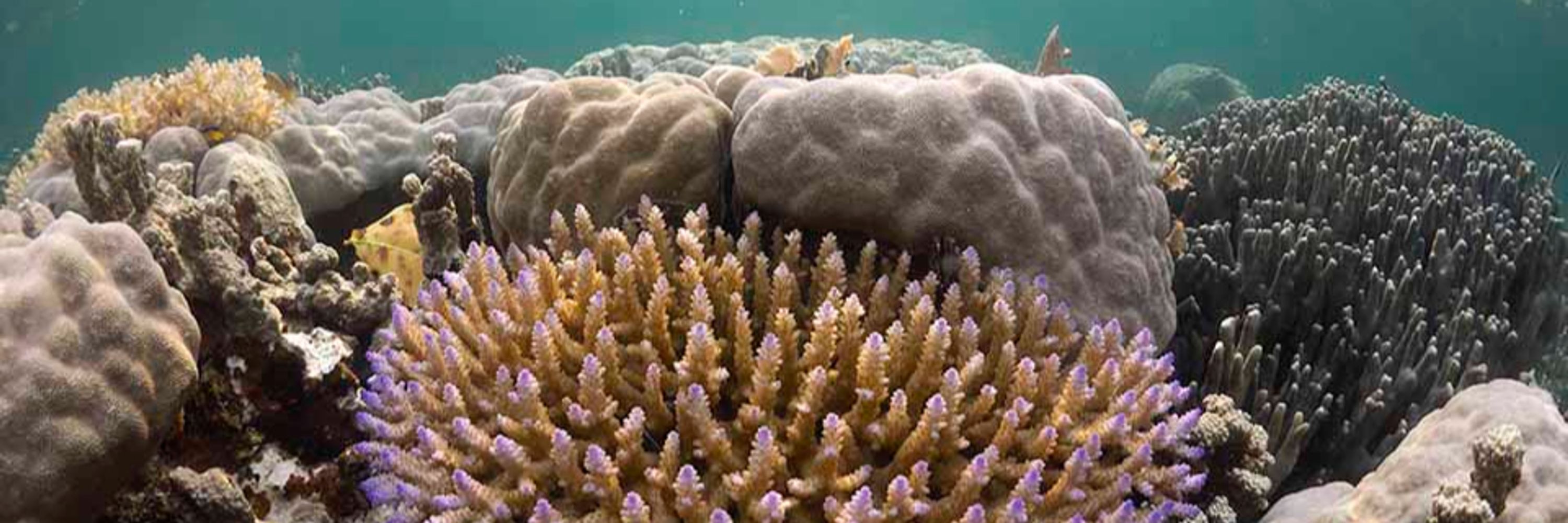
The Coralassist Lab. Favorite activity: swimming over a healthy coral reef!

rdcu.be/evbqK showing the dramatic effects of grazing pressure on early coral survivorship.
@newcastleuni.bsky.social
@erc.europa.eu
rdcu.be/evbqK showing the dramatic effects of grazing pressure on early coral survivorship.
@newcastleuni.bsky.social
@erc.europa.eu

latitude.plos.org/2025/03/cora...
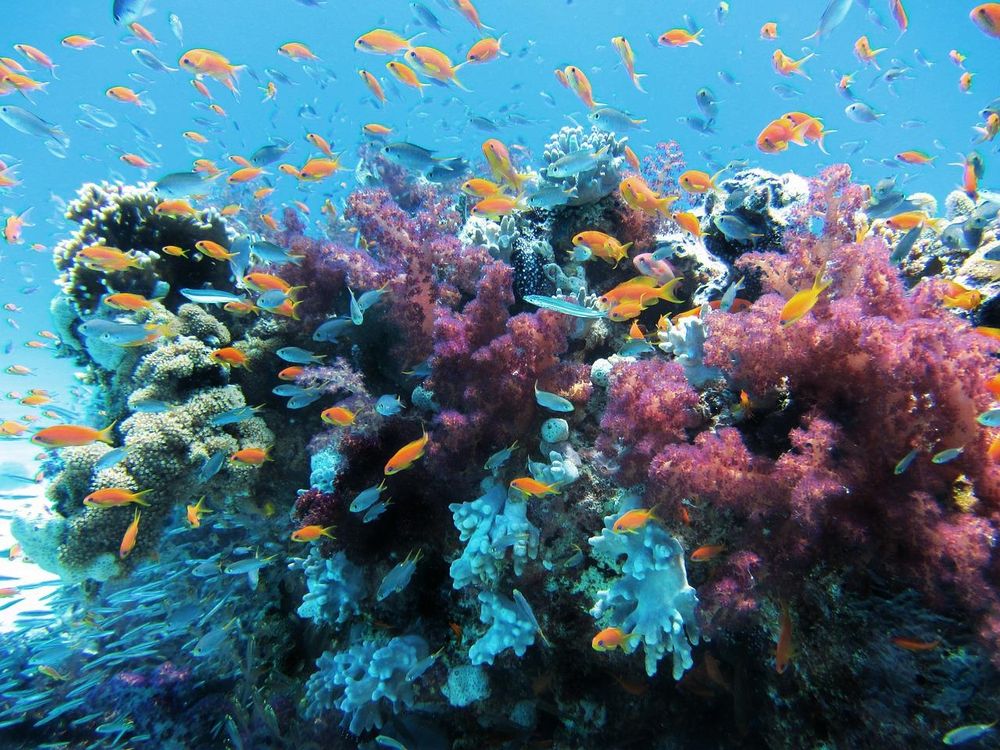
latitude.plos.org/2025/03/cora...
latitude.plos.org/2025/03/cora...
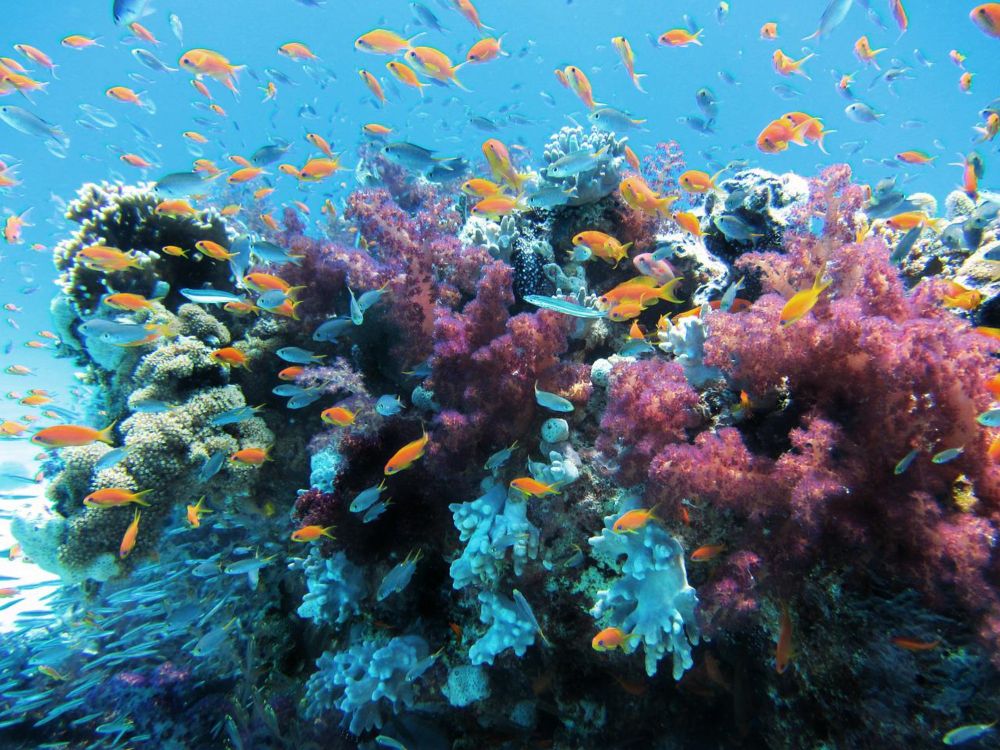
latitude.plos.org/2025/03/cora...
Deadline 28 Feb | Apply👇 | 🦑 🧪 🌊 🌍
hr-jobs.lancs.ac.uk/Vacancy.aspx...
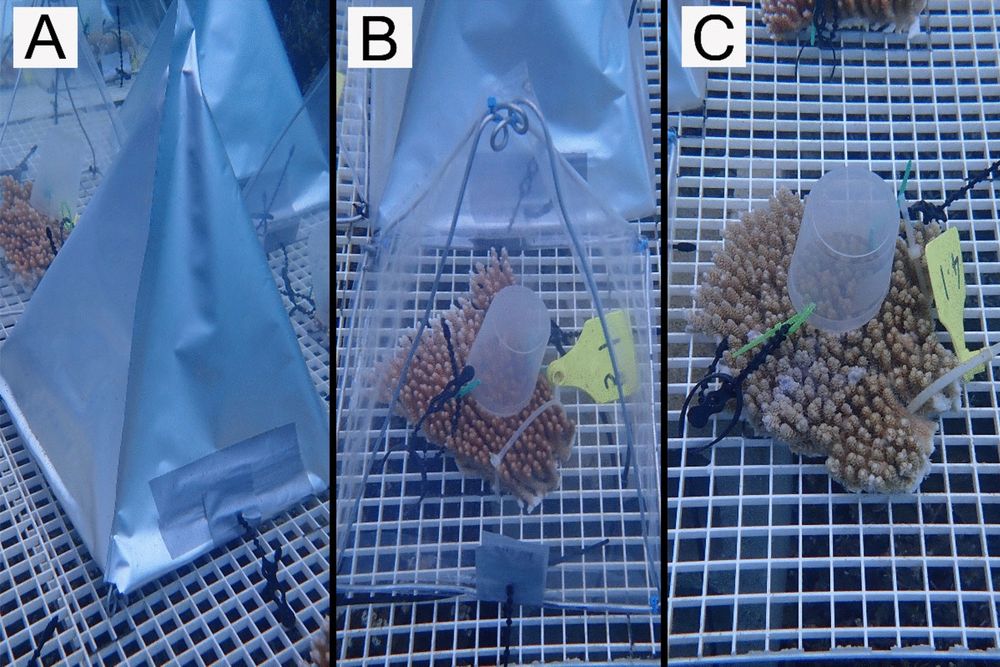
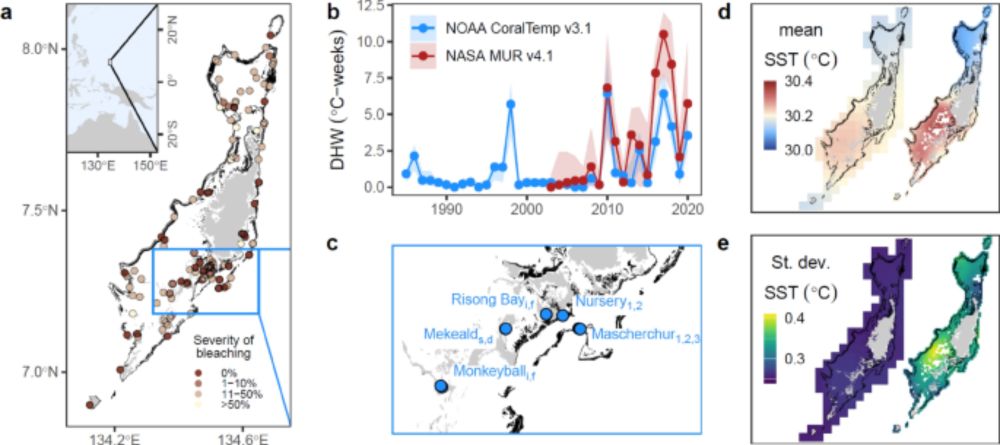
www.nature.com/articles/s41...
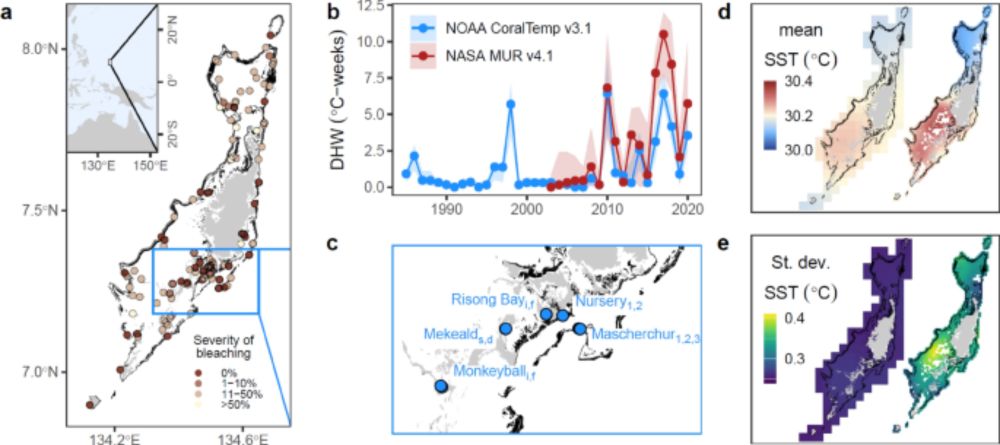
www.nature.com/articles/s41...

www.nature.com/articles/s41...
bsky.app/profile/did:...
bsky.app/profile/did:...
Story: www.uq.edu.au/news/article...
#coralreef #globalwarming #oceanhealth #biodiversity
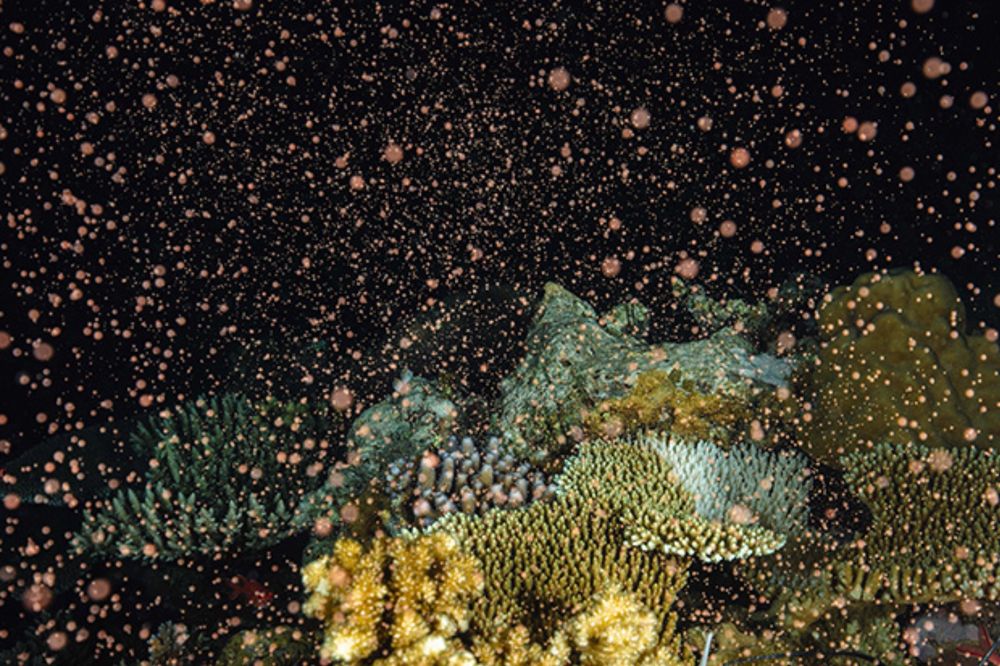
Story: www.uq.edu.au/news/article...
#coralreef #globalwarming #oceanhealth #biodiversity
Part of the fruitful Coralassist Lab - PICRC collaboration, with support from the Horniman Museum, Uni. Of Exeter, Derby Uni. & Uni. Victoria
Funded by ERC, with support from UKRI / NERC
(9/9)
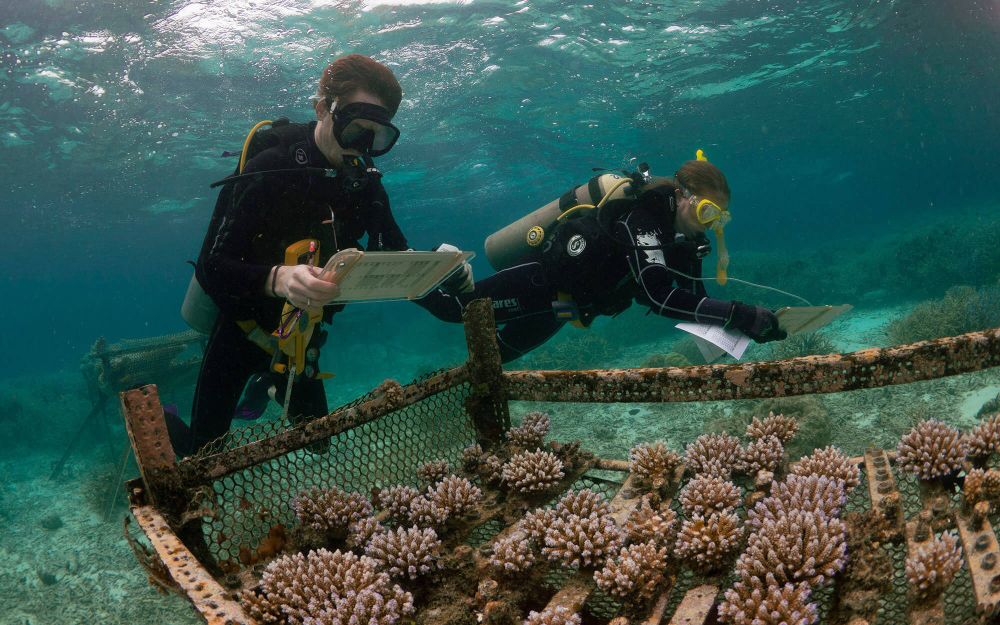
Part of the fruitful Coralassist Lab - PICRC collaboration, with support from the Horniman Museum, Uni. Of Exeter, Derby Uni. & Uni. Victoria
Funded by ERC, with support from UKRI / NERC
(9/9)
R&D is needed to optimise breeding interventions and maximise positive impacts.
Ultimately, reefs still depend on rapid reductions in greenhouse gas emissions.
(8/9)
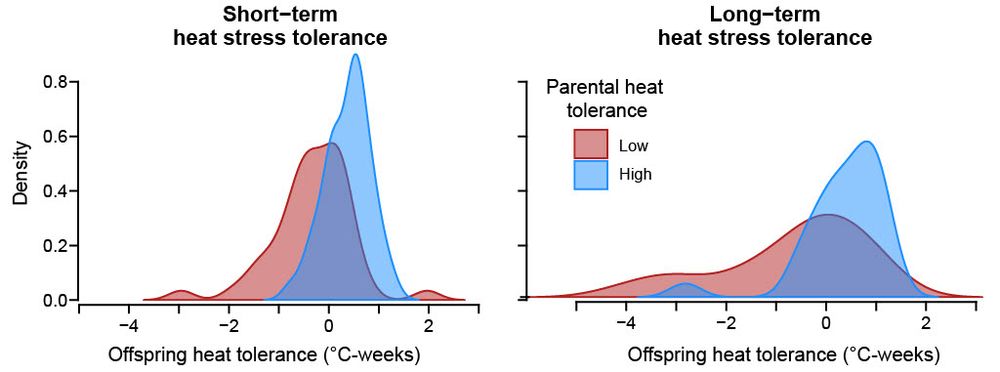
R&D is needed to optimise breeding interventions and maximise positive impacts.
Ultimately, reefs still depend on rapid reductions in greenhouse gas emissions.
(8/9)
To maximise coral fitness in the face of climate change, care will be needed when selecting which traits to breed for.
(7/9)
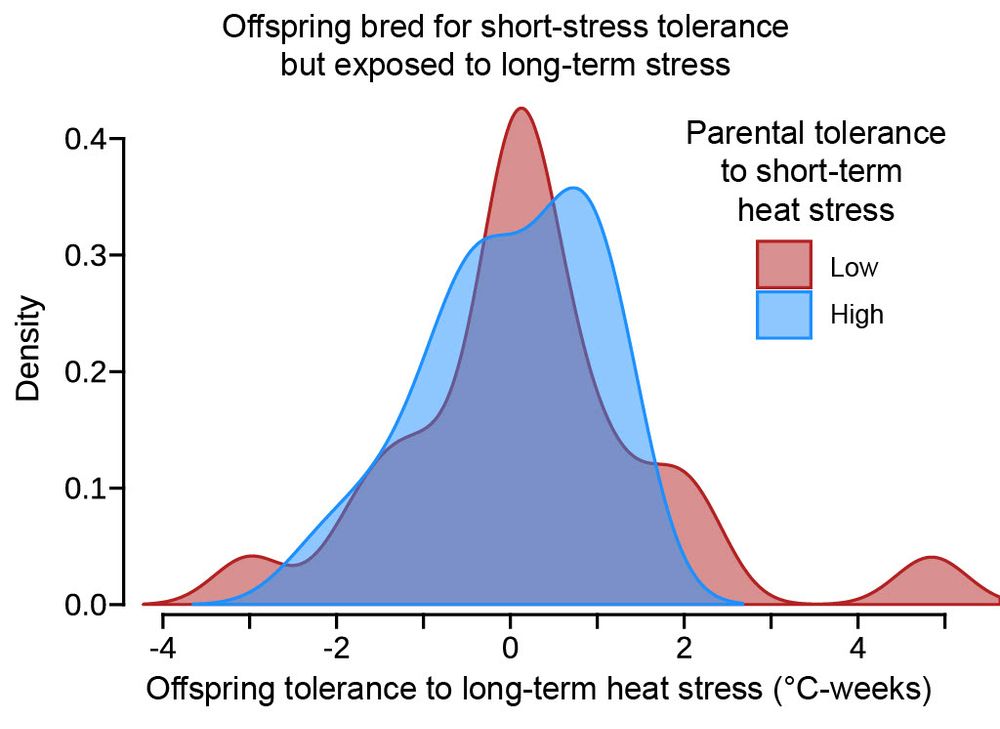
To maximise coral fitness in the face of climate change, care will be needed when selecting which traits to breed for.
(7/9)
The heritability of heat tolerance traits was ~0.2-0.3.
This means these traits have a substantial genetic basis but are also heavily influenced by other non-genetic factors.
(6/9)
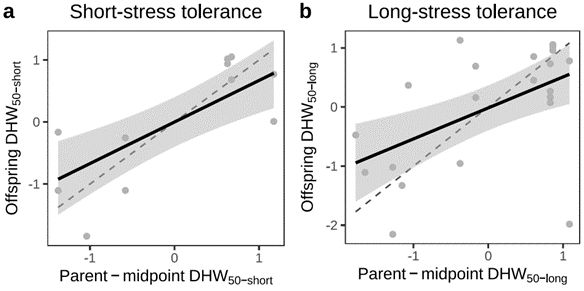
The heritability of heat tolerance traits was ~0.2-0.3.
This means these traits have a substantial genetic basis but are also heavily influenced by other non-genetic factors.
(6/9)
They can withstand the heat stress for a longer duration before the onset of bleaching and mortality.
(5/9)
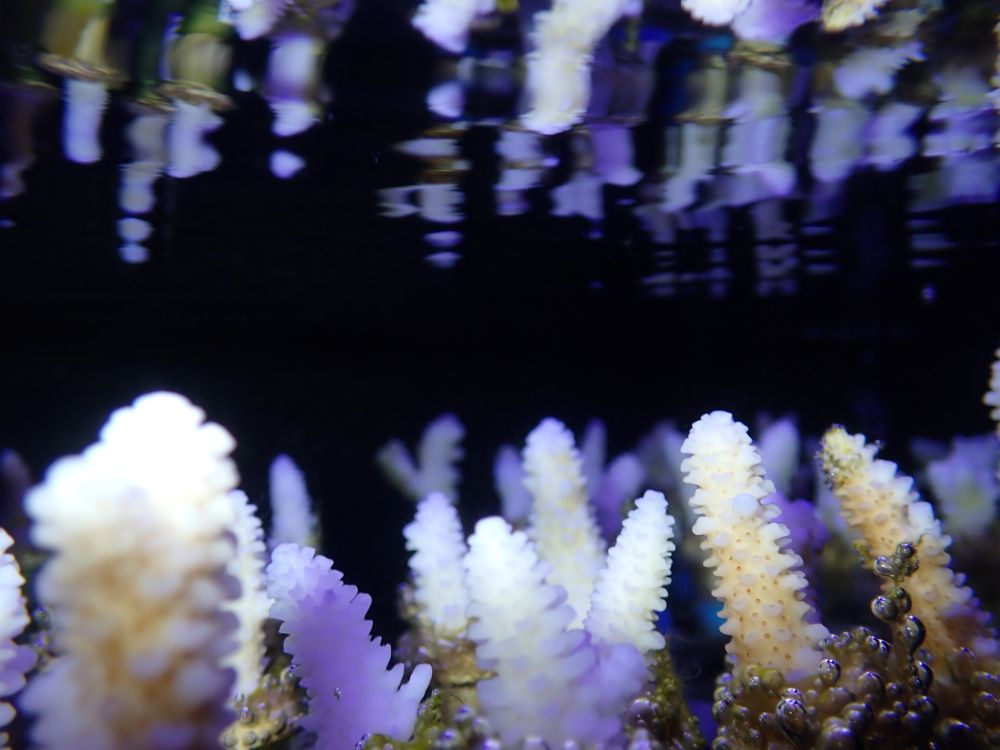
They can withstand the heat stress for a longer duration before the onset of bleaching and mortality.
(5/9)
At this stage, the offspring were exposed to the same heat stress tests that were used years before to select their parents.
(4/9)
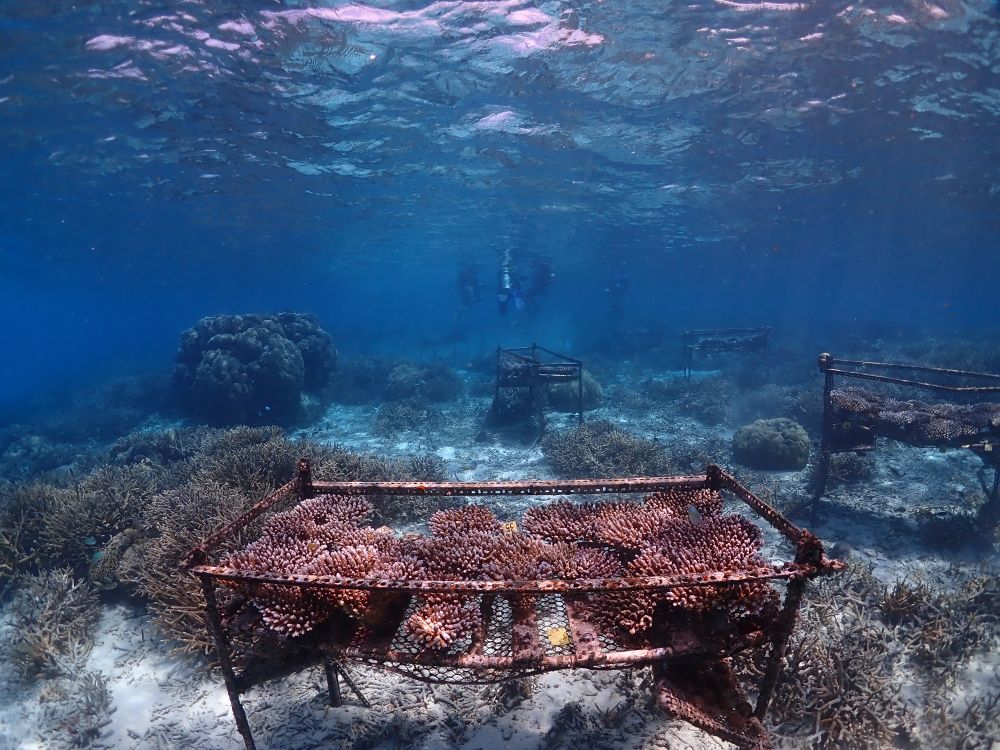
At this stage, the offspring were exposed to the same heat stress tests that were used years before to select their parents.
(4/9)
- a short-term ~1-week +3.5 °C heat stress
- long-term ~1-month +2.5 °C heat stress
(3/9)
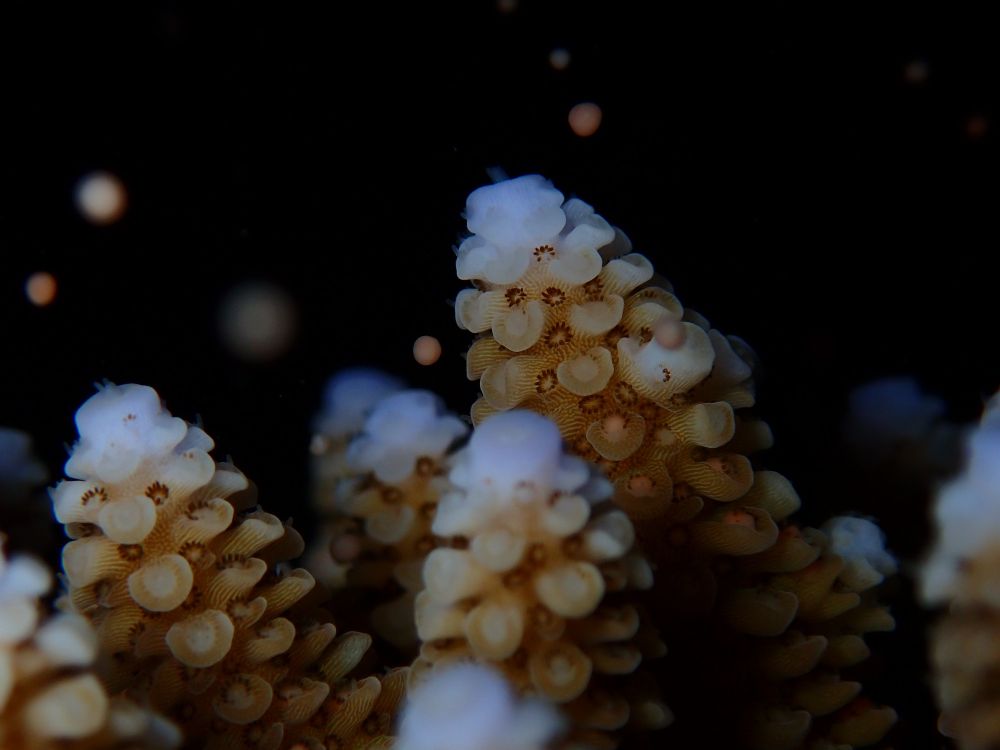
- a short-term ~1-week +3.5 °C heat stress
- long-term ~1-month +2.5 °C heat stress
(3/9)



